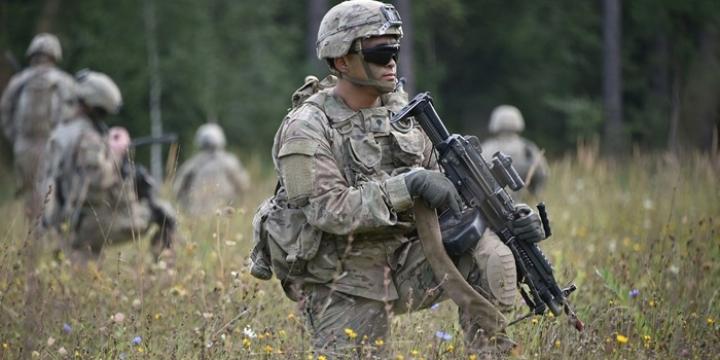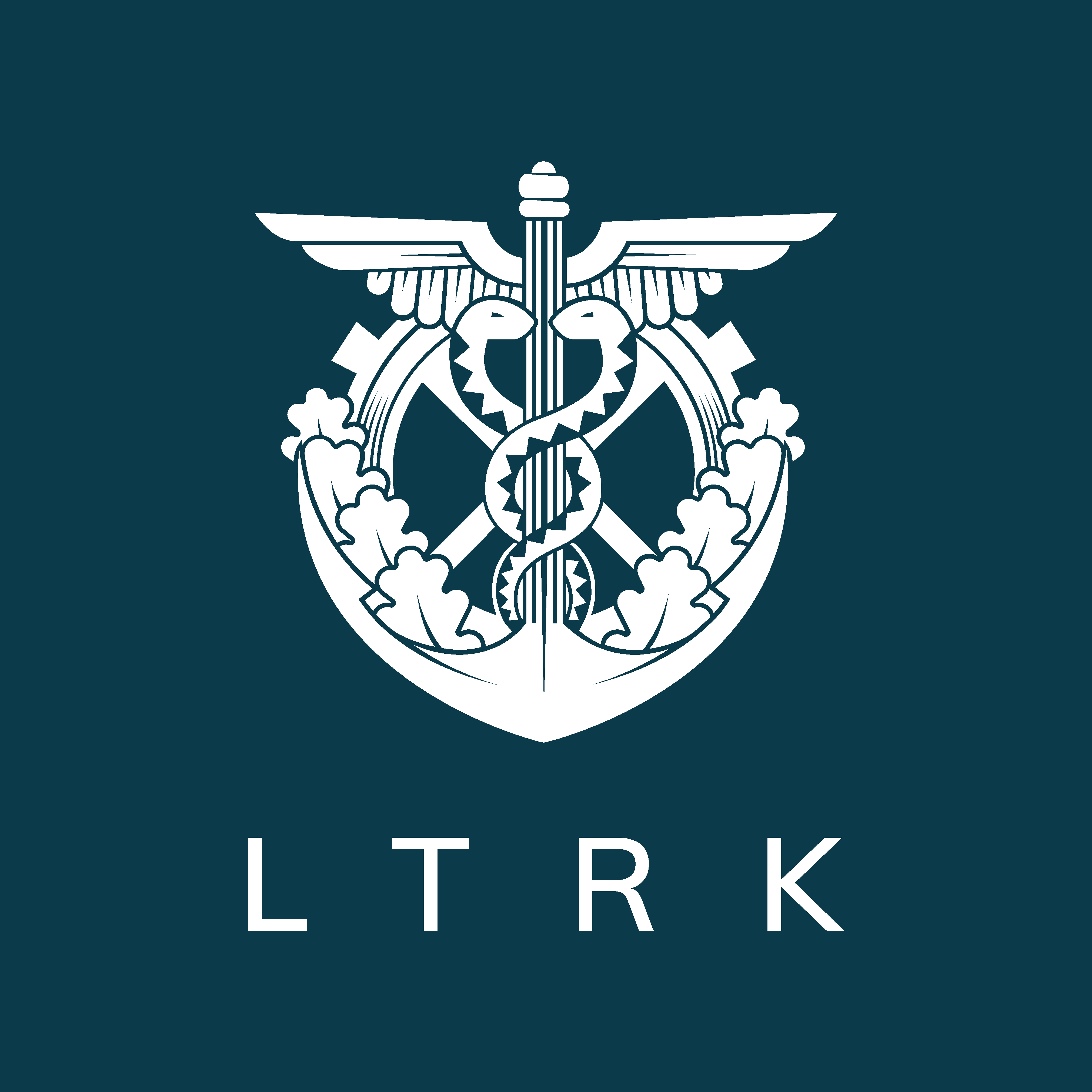Development of the security and defence sector in Latvia: innovation, export potential and challenges
Development of the security and defence sector in Latvia: innovation, export potential and challenges
In recent years, Latvia’s security and defence industry has seen significant growth due to increasing geopolitical tensions, as well as rising demand for innovative solutions. According to data provided by the Federation of Security and Defence Industries of Latvia (DAIF), in 2023, the overall turnover of companies operating in these sectors totalled EUR 1.66 billion, of which more than EUR 347 million was export turnover. There are currently almost 9000 people working at the 130 companies in the industry, which contributed EUR 164 million in taxes to the state budget last year.
Innovation – the cornerstone of development
Considering the security and defence industry being given an increasingly bigger role in the budget allocations of the European Union (EU) and NATO, as well as the need to address existing risks, innovation has become the main driving force for defence industry companies in Latvia and throughout Europe. “We are currently witnessing rapid technological transformation both in the civilian, and the military sector. Autonomous systems, new cyber security and communication solutions are becoming a regular part of our lives, and requirements for critical infrastructure and services are becoming increasingly stringent. All of this is pushing companies to place a greater focus on innovations,” Elīna Egle, Chair of the Board of DAIF, explains.
Centred on innovation and development of new technologies, the Latvian Defence and Security Industries Annual Award are presented to companies, and education and research institutions that have provided a significant contribution to security and defence at a national and international scale. For example, industry leaders in innovation who have, in recent years, distinguished themselves in the development of drone systems, include such companies as Edge Autonomy, DK Unity, Belss and Origin Robotics. In turn, in the space technologies segment, important results have been achieved through initiatives implemented by Baltic Satellite Service and leading universities, such as Riga Technical University, the University of Latvia and the Ventspils University of Applied Sciences.
Edge Autonomy, operating and managed out of the United States, is an industry leader in autonomous aircraft, camera stabiliser systems and resilient energy solutions. With over 600 employees around the world and nearly 28 000 square metres of production space, including 5000 square metres in Latvia, Edge Autonomy has been a reliable partner for the US, NATO and allied countries for almost four decades now, the company notes.
“It is exciting to see the significant growth of the security and defence industry in Latvia, and Edge Autonomy is proud to part of the technological development that is having an impact on the sector locally and in export markets,” Konstantīns Krivovs, Director of Business Development in Europe of Edge Autonomy, says. “Our company has decades of experience in developing unmanned aerial systems providing tested and reliable solutions that comply with the high standards of our customers and partners. We continue to see annual growth in local and export demand for our products, and we have expanded our presence in NATO member states and allied countries. Focusing on innovation and partnerships in line with needs of real-world missions, we expect to see sustainable growth that will significantly improve national and international security.”
Export potential and international cooperation
DAIF welcomes the fact that Latvian defence industry businesses have successfully integrated into NATO and EU supply chains. Electronic, mechanical engineering and ICT products are in especially high demand. “Our companies offer unique final products in line with the highest standards of quality,” Elīna Egle notes. The main export markets are the Baltic States, the Nordic countries, as well as the United States and Western Europe. In 2023, negotiations were held with US companies which have included components made in Latvia into their supply chains.
International cooperation has also been boosted by national stands at important industry events such as Eursatory in Paris, and through partnerships with companies from Ukraine, Northern Europe and other regions. “Our main partners in the industry are based in our neighbouring countries and the EU. However, Latvia has both hosted and participated in business networking events with partners in Ukraine, Denmark, Finland, Norway, Germany, the United States, Canada, South Korea, Israel, Taiwan, Australia and elsewhere. We hope to see these partnerships enhanced in future and serve as a foundation for further cooperation between businesses and research institutions,” Ms Egle says.
Furthermore, Latvian companies are also actively involved in the Drone Coalition to support Ukraine and international projects under the NATO DIANA programme and the European Defence Fund to develop the technologies of the future.
Industry potential and future challenges
Currently, the greatest potential in Latvia lies in mechanical engineering, autonomous systems, cyber security and space technologies. Excellent examples include Patrai armoured vehicles and the VR Fox light tactical vehicles which are being procured by the National Armed Forces of Latvia, as well as Tarragon aircraft which are appreciated in Ukraine and Mosphera military scooters.
International defence technology company Patria notes that 2024 has been a very important year in their business development – in May the company opened a new production facility in Valmiera with the heads of government of Latvia and Finland present at the ceremony; the facility ensures full-cycle production of Patria 6x6 armoured vehicles. “Assembly parts for this military vehicle are also manufactured elsewhere in Latvia. We perform tests and provide vehicle maintenance, thus supplying the National Armed Forces of Latvia with necessary, safe and modern machinery,” Uģis Romanocs, Chair of the Board of Defence Partnership Latvia, explains.
He highlights that the manufacturing of Patria armoured vehicles in Latvia is a project of not only local, but also international significance. “Patria 6x6 is an international project involving not only Latvia and Finland, but also Sweden and Germany, and other markets for our military machinery and equipment currently also include Slovakia and Japan. In 2025, the company will continue to expand its range of products and services. PATRIA Latvia has already become a leader in the military industry in Latvia with plans of continuing to strengthen that position in future.
However, the industry is also forced to address challenges, such as a shortage of practical investments in the development of military products. As the DAIF explains, EU and NATO support instruments are often focused on dual-use products, while more investments are needed in the development of specialised military technologies.
Sustainable growth and international recognition
The Latvian security and defence industry is providing a significant contribution to national and international security. “The industry’s part in the economy and export markets is continuing to increase, and our companies are being recognised as reliable partners,” Ms Egle highlights. The DAIF promotes cooperation between the industry and education institutions with the aim of ensuring sustainable development of the sector.


